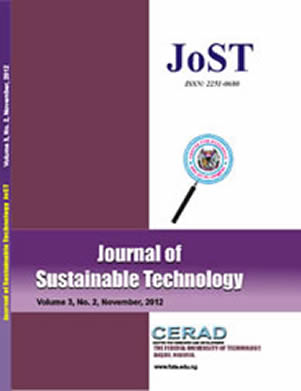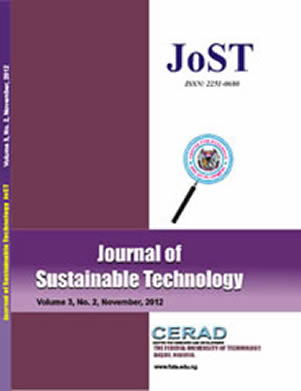ABSTRACT: This paper evaluates the nutritional potentials of three varieties of Canavalia for use in livestock diets. The three species of canavalia seeds notably canavalia gladiata (sword bean), canavalia ensiformis (jack bean) and canavalia rosea (bay bean) were obtained from Ahmadu Bello University (ABU) Zaria, Kaduna State. The experiment was conducted at Imo State Polytechnic, Umuagwo, Ohaji, Owerri, Imo State, Nigeria. The samples of the three species collected were then air-dried under the sun for 4-6 days to achieve 80-85% dry matter. Thereafter, the Canavalia seeds were crushed in a hammer mill to produce their respective meals which was collected in black nylon bags for proximate, mineral and phytochemical analyses. The results of this study revealed that the chemical composition, protein, amino acid and mineral profile of the three Canavalia species are potential cheap sources of unconventional feed resources of animals. Canavalia species are rich in digestible protein, Fe, Ca, P and Mg, thus, nutritious food for mono and polygastric animals. Moreover, phytochemical analysis and review of anti-nutritional factors in the three species revealed that through good processing methods like boiling, roasting, toasting, fermentation and autoclaving at controlled temperature of (100-121oc) appears to eliminate these toxic compounds from the seeds/grains while fermentation for 3-5 days renders the toxic substances non-toxic. Optimal values of protein, carbohydrates and minerals are indicatives that these species of Canavalia are potential feed ingredients and hence could be used as feed supplements for livestock.
Keywords: Evaluation, Nutritional potentials, Canavalia species, Phytochemical assay, livestock diet
JoST. 2021. 11(2): 86-92
Accepted for Publication: October 28, 2021



